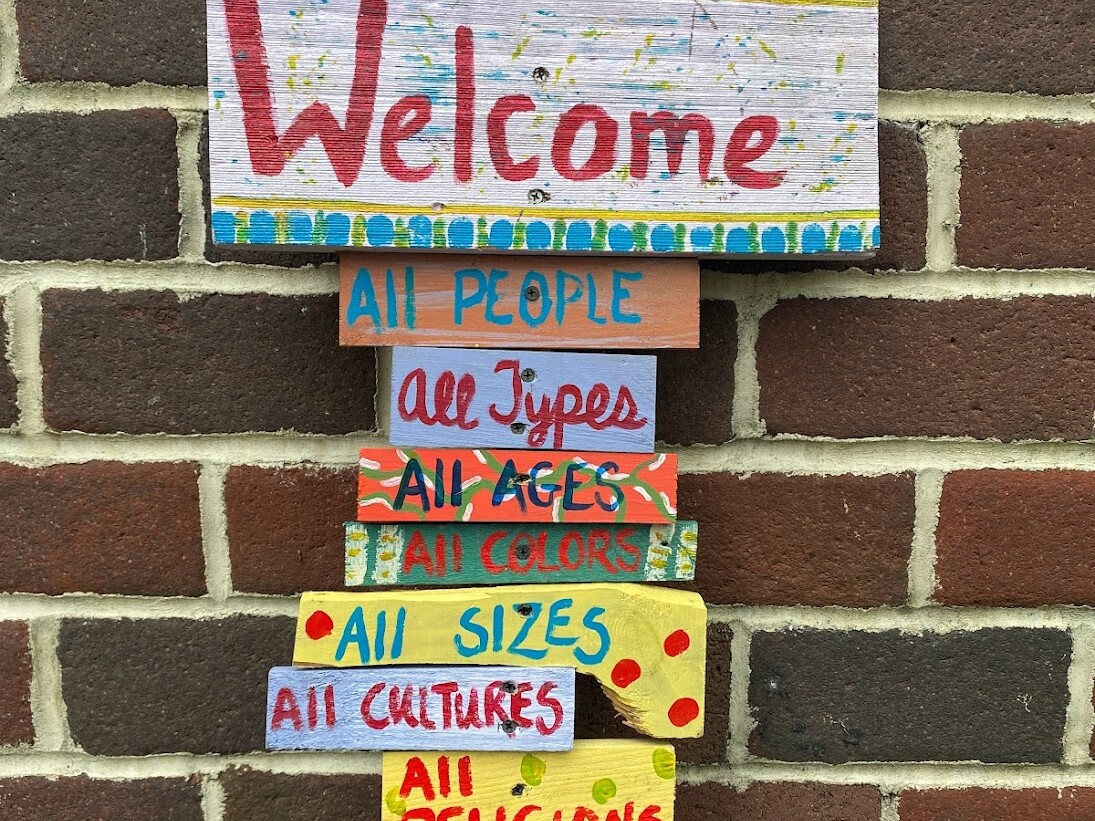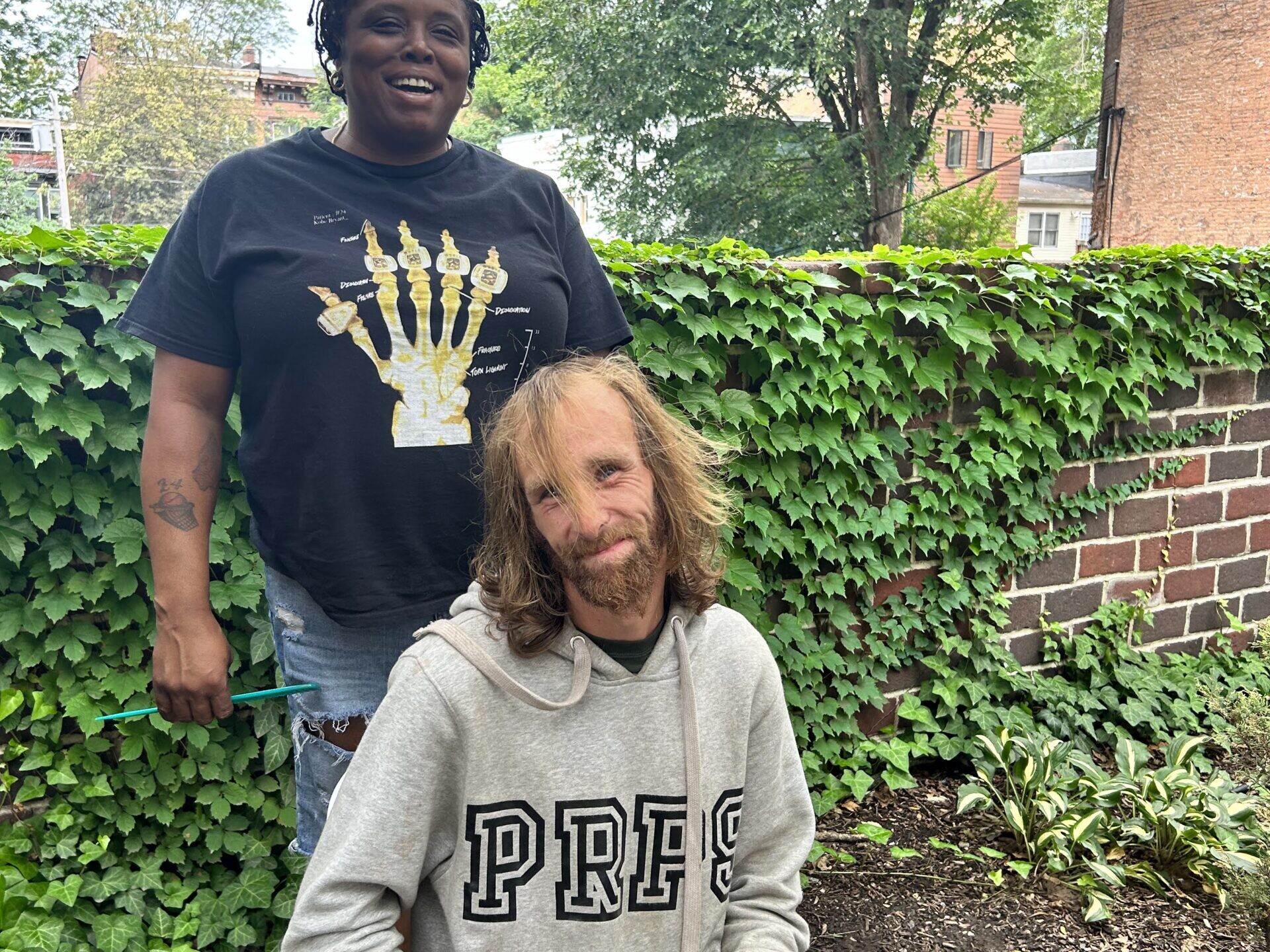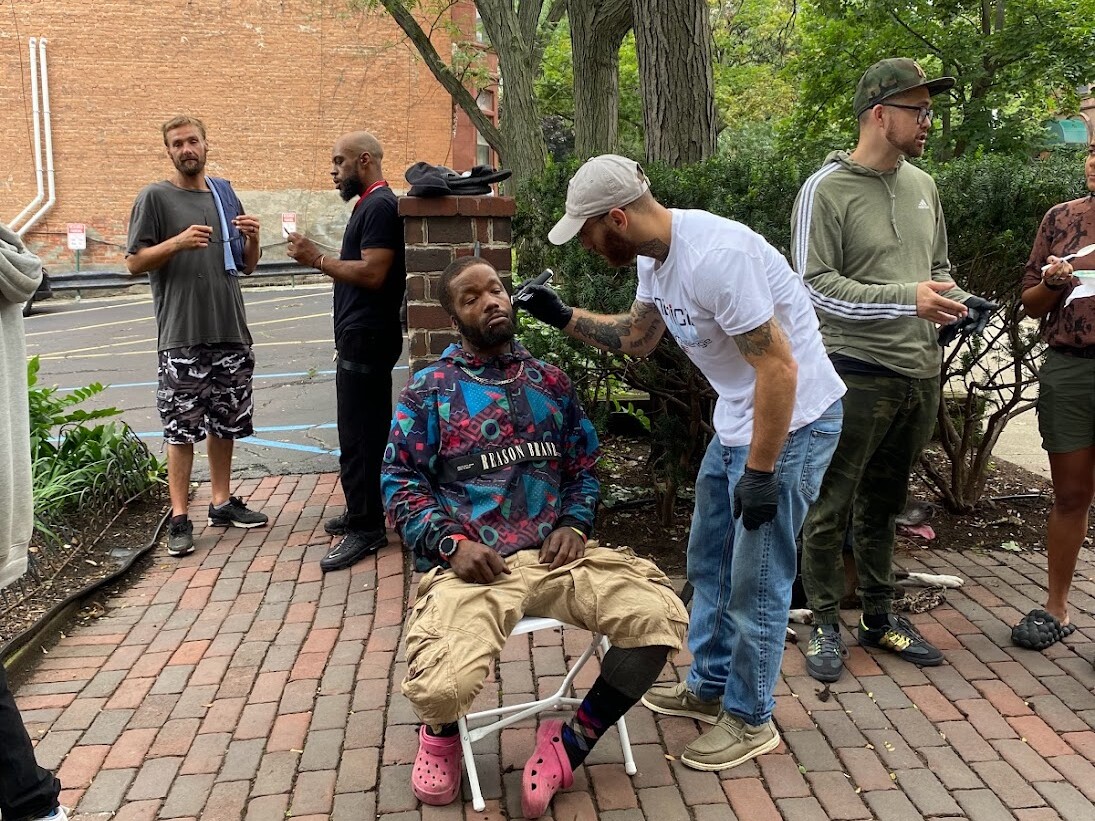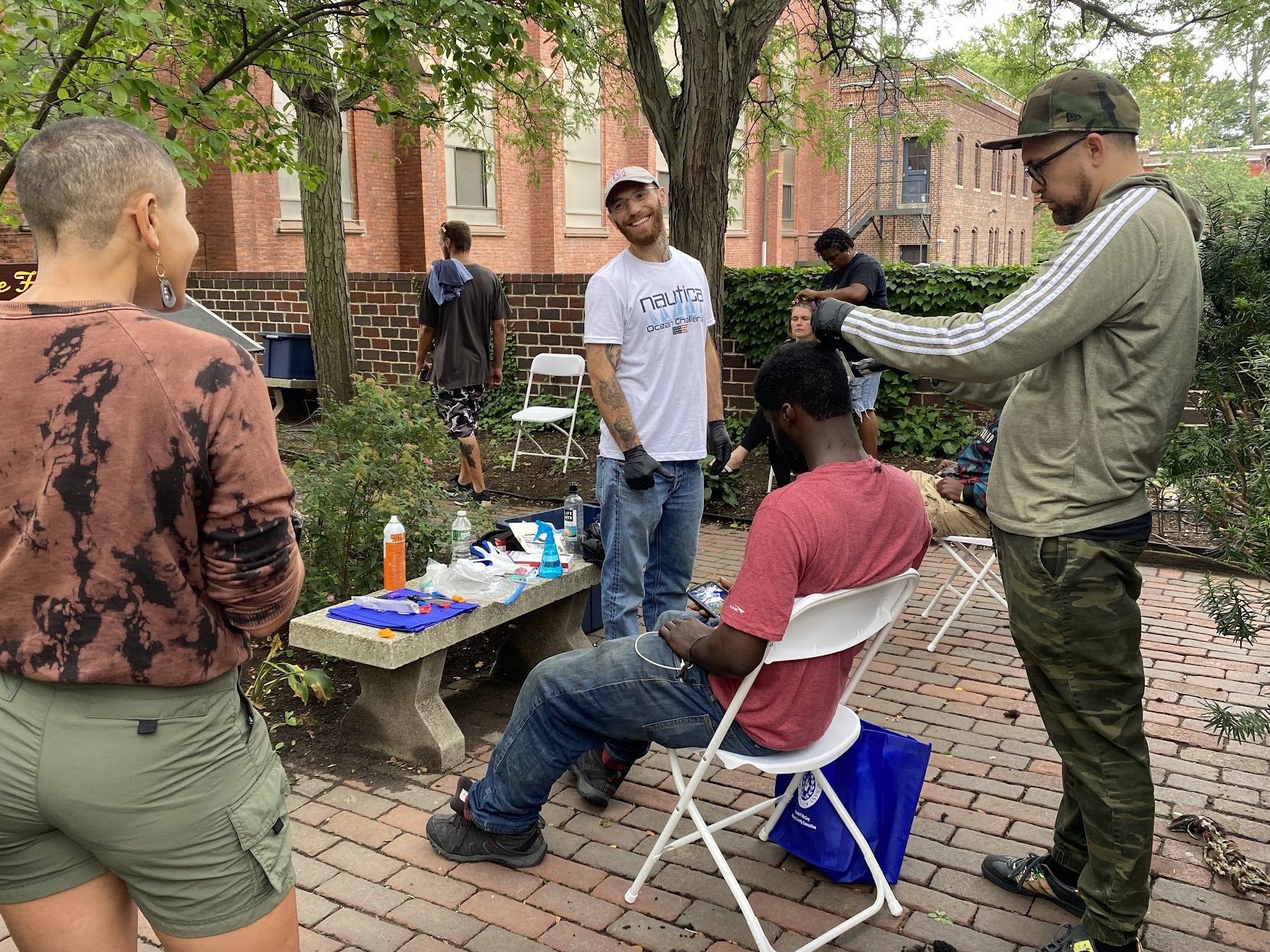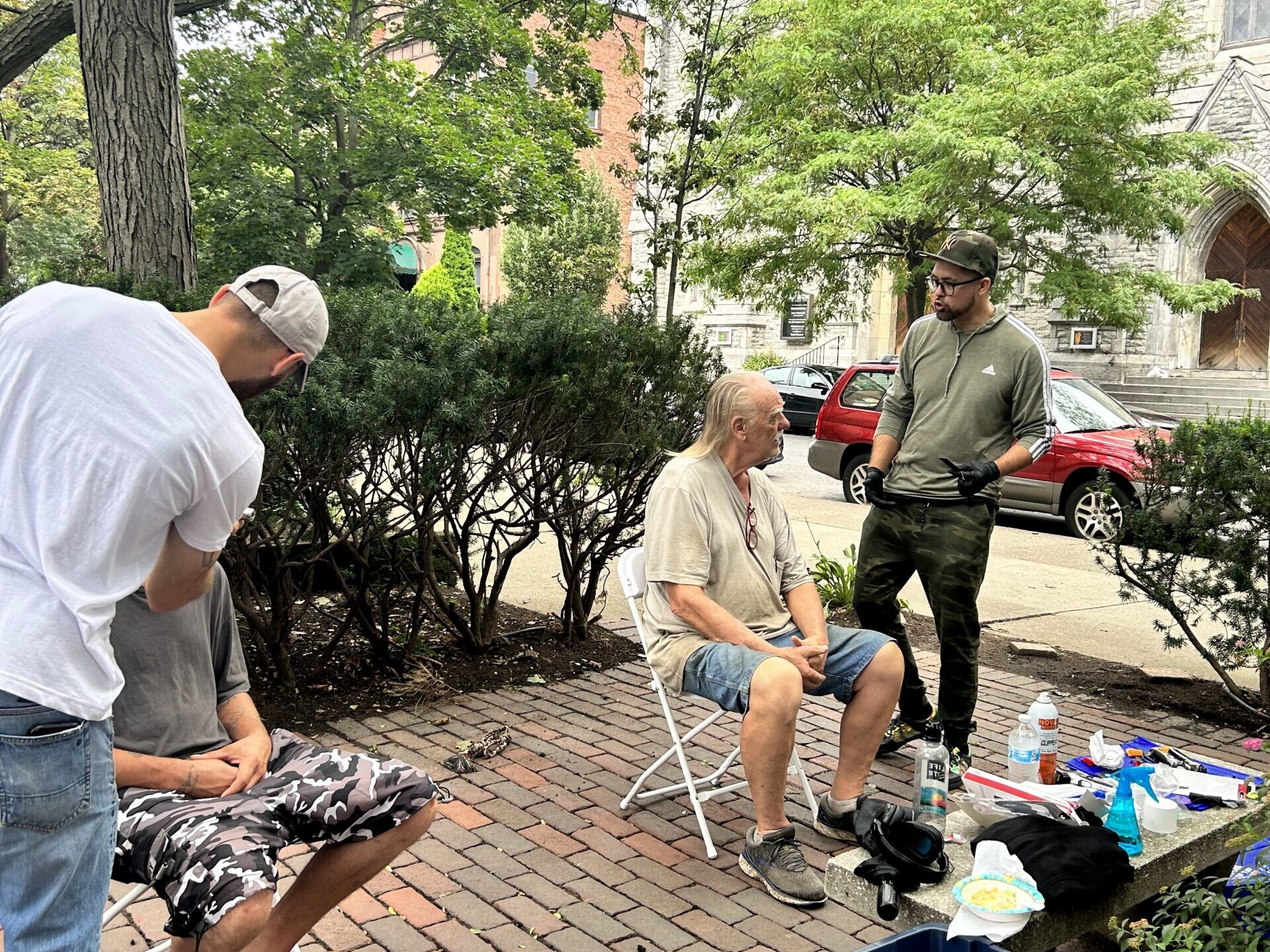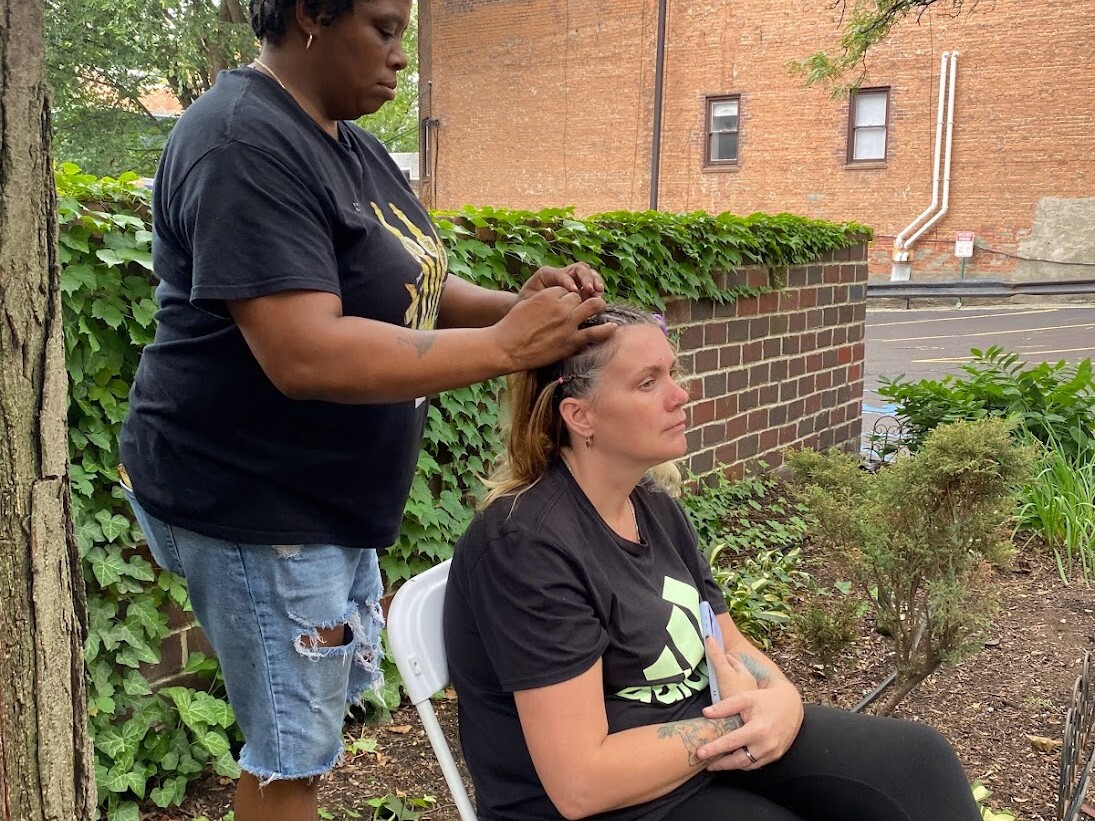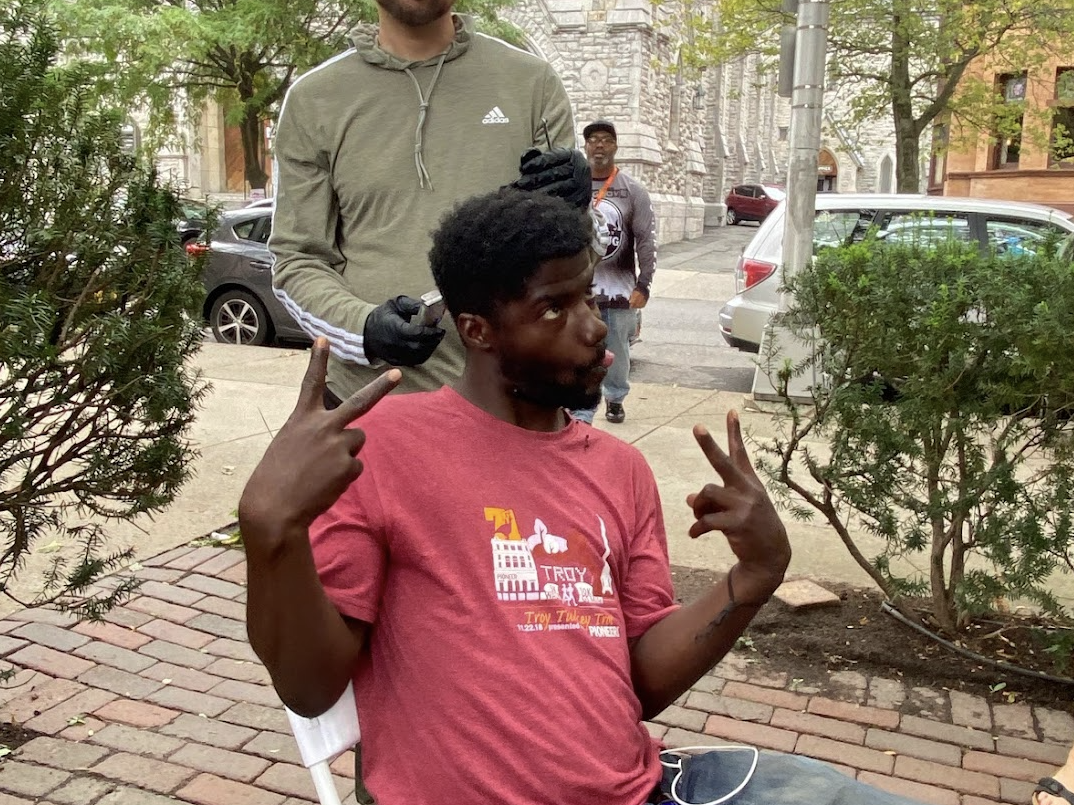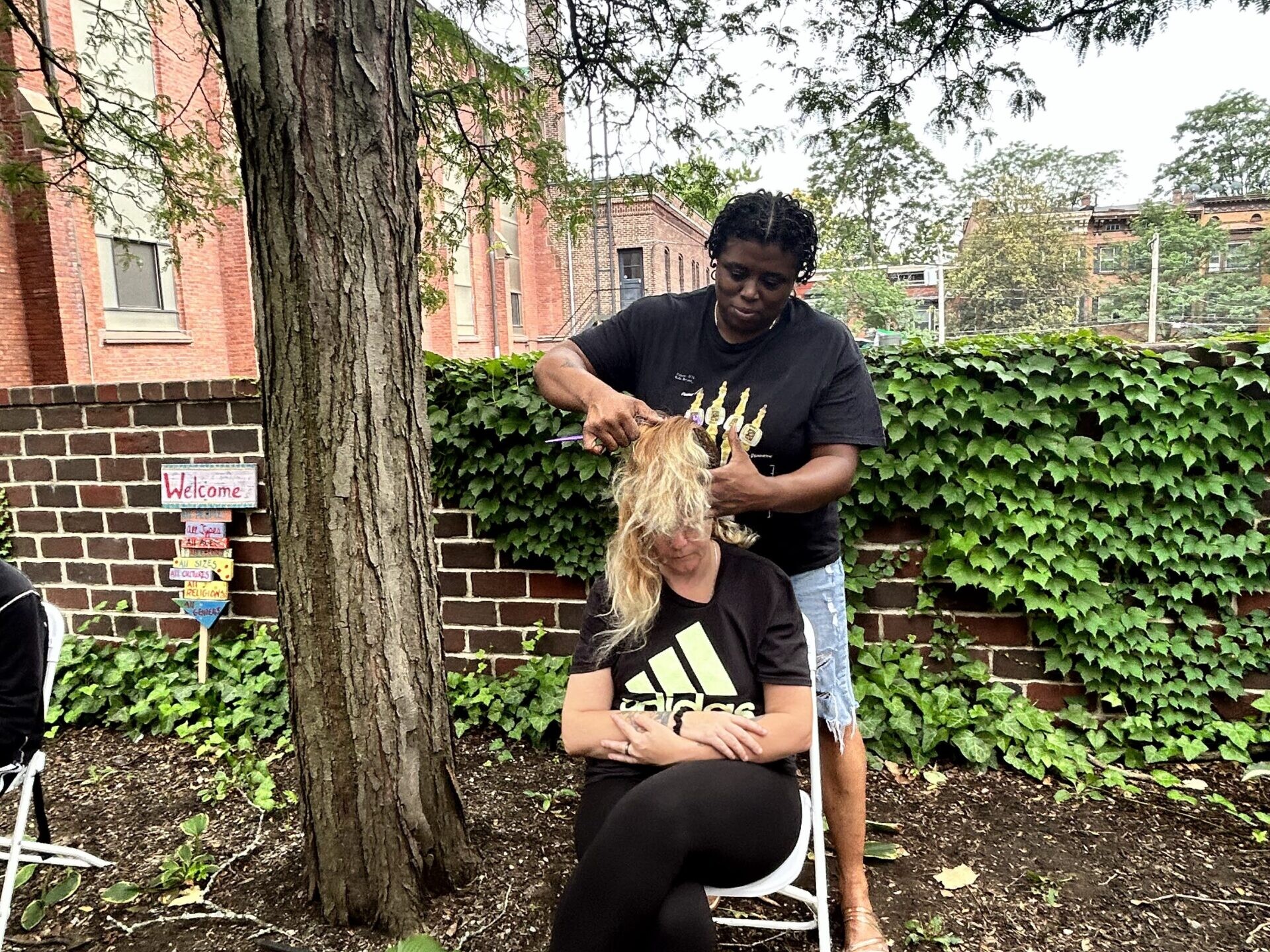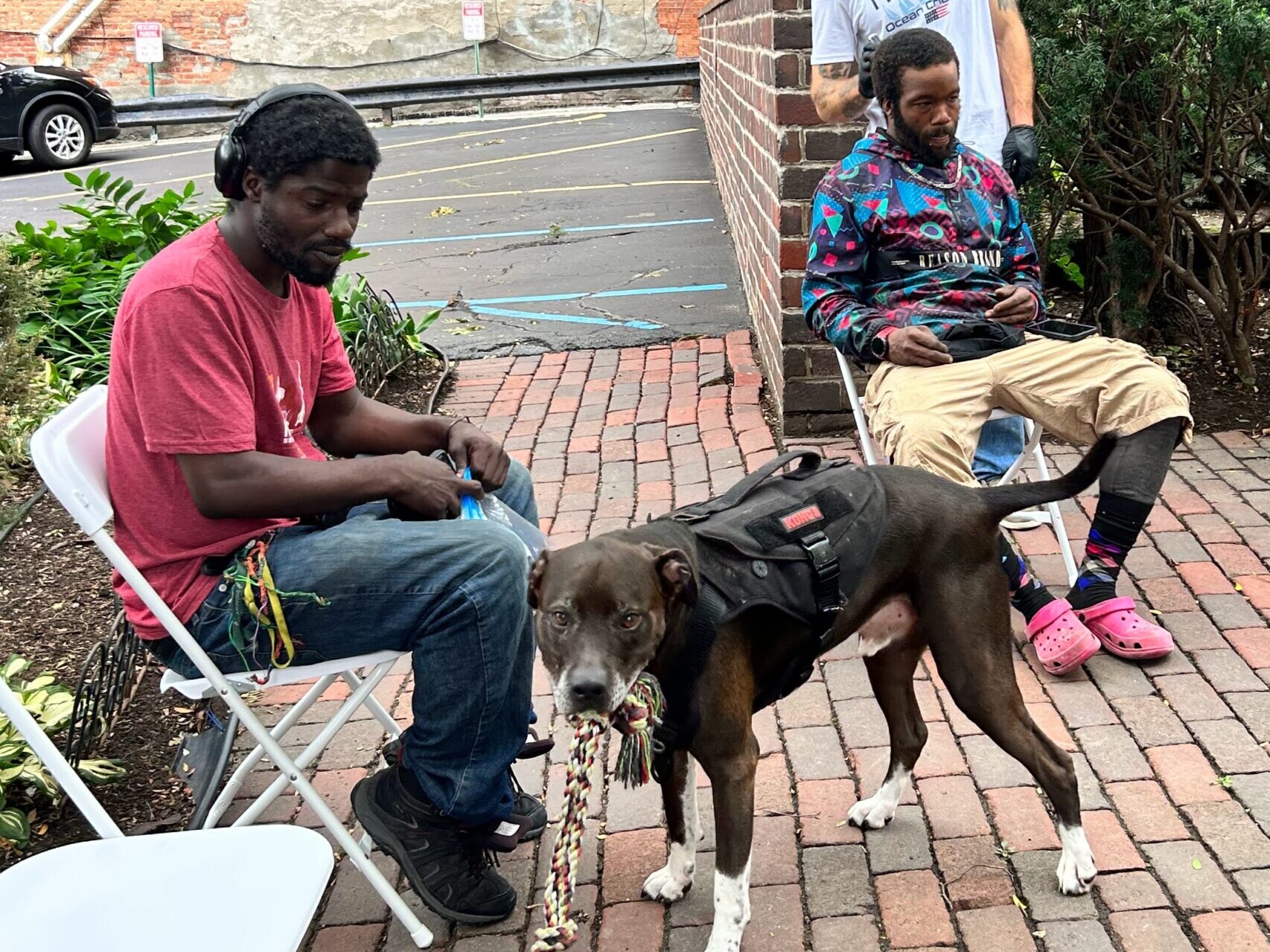Charting the Journey from Personal Transformation to Community Solidarity
Navigating the path back into society after incarceration is a daunting task, made more challenging when coupled with the hardships of homelessness. Both reentry and homelessness, although different experiences, can lead to feelings of being undervalued or overlooked. This shared struggle has inspired the #WitnessOurHumanity hashtag for After Incarceration (AI), a fiscally sponsored project of Movement Strategy Center.
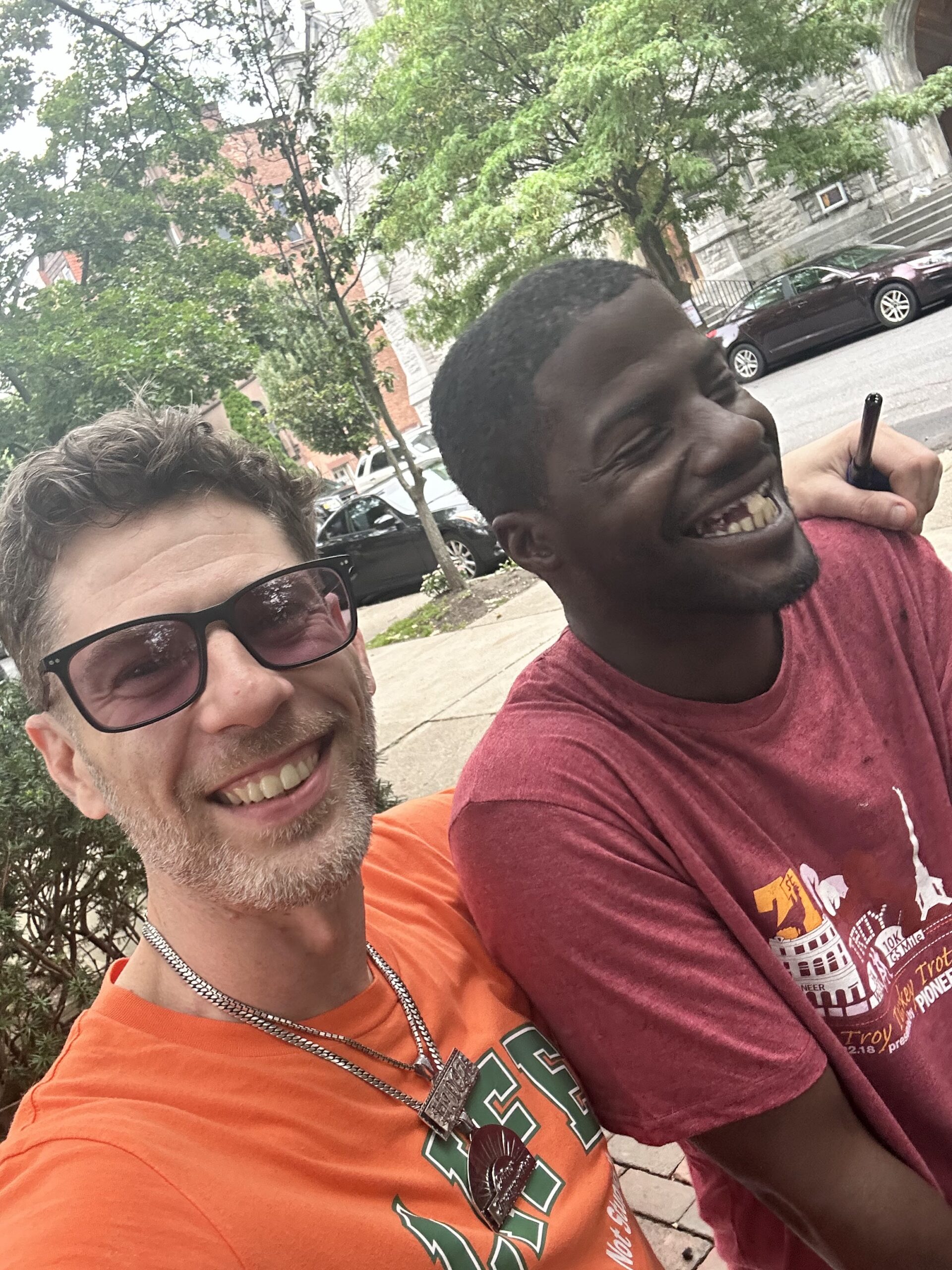
AI embodies a spectrum of voices — from individuals who’ve experienced incarceration firsthand to scholars and activists who challenge dehumanizing societal labels and anyone helping people find their way back into the community. Jose Pineda is the co-founder and co-director of AI, and, having been incarcerated himself, he can attest that, “from tremendous pain comes the power to create tremendous transformation.”
To truly reach and support the community, AI adopted a popup strategy, utilizing a town square space where Albany’s unhoused often congregate. On August 23, 2023, AI transformed this familiar gathering spot into a haven for those unhoused and formerly incarcerated city residents. Guests were pampered with haircuts, and treated to a hearty lunch and uplifting music — an all around atmosphere of camaraderie, support, and celebration. This approach allowed them to engage directly, without the distractions, bureaucracy, or risks that can affect larger, more traditional homeless “outreach events.”
The criminalization of homelessness, evident through laws against loitering, vagrancy, and other basic survival activities, has become a pervasive issue, especially given its disproportionate enforcement against Black people. Central to AI’s mission is the belief in the inherent worth of every individual, and the effort to mitigate the adverse effects of over policing and mass incarceration. Pineda describes events like these as a way “to remind ourselves to never lose sight of the work that always needs to be done at our doorstep as we start building systems to address those very same things.” His emphasis on aiding the unhouseled is deeply personal, each act signifying the urgency of larger, systemic change.
Jon Romano, is a friend of Pineda’s — they met when they were both incarcerated. Despite being a convicted assailant in a 2004 school shooting at 16 years old, he now wants to “dedicate his life to serving the people who are the most vulnerable,” particularly people experiencing homelessness, according to Pineda. This despite facing assault at a homeless shelter where he worked. Romano expressed hope for rehabilitation rather than mere punishment for his attacker, stating, “the goal here is not to just lock him away … But so that he once again has a chance at life.”
“Never lose sight of the work that always needs to be done at our doorstep as we start building systems to address those very same things.”
From a broader perspective, AI emphasizes not just reintegration, but also the transformation of societal norms. Familiar with the ongoing cycle of violence, Romano believes that with better education and resources, “less tragedies will happen.” We must redirect efforts toward creating a world where every individual is acknowledged, nurtured, and supported. Sometimes, making a difference can be as simple as offering a haircut and a meal. Grassroots initiatives like AI’s are not just acts of charity but powerful catalysts for genuine change and community solidarity.
Check out the gallery for more snapshots from the event.
You can support After Incarceration with a donation to enable more events like this one. Be a part of that change and support community building. Donate here.


